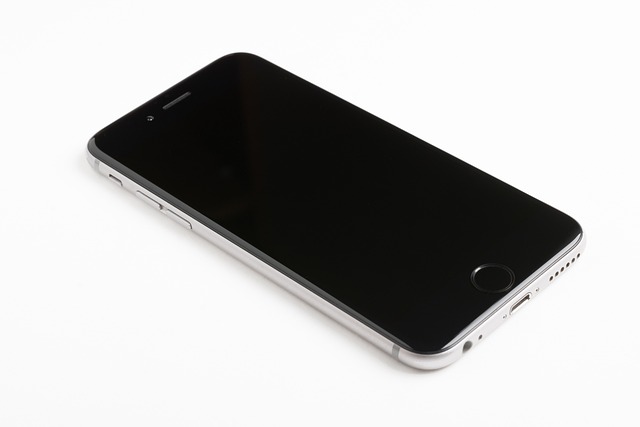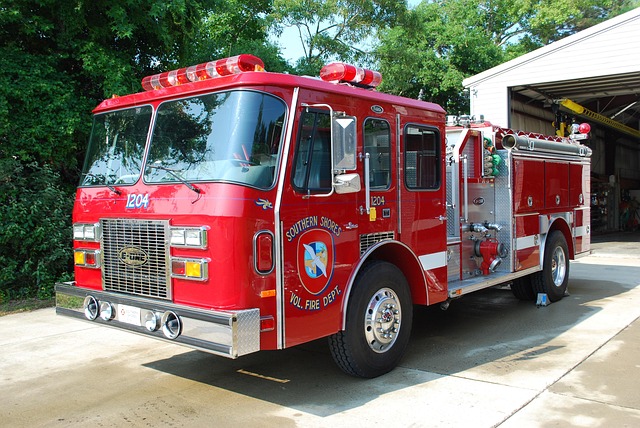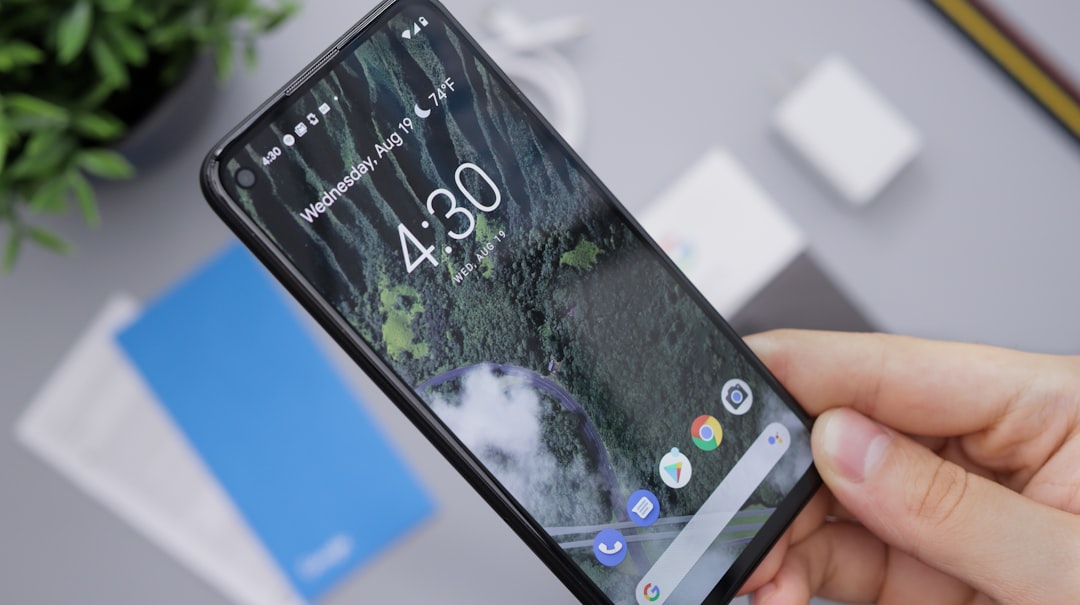In North Carolina, robocalls are regulated by federal (TCPA) and state laws (NC FDCPAA). Individuals who receive unwanted automated calls may sue for damages under the TCPA, with legal recourse depending on call frequency and policies. Consulting consumer rights attorneys is advised, as class-action lawsuits have led to significant settlements. Understanding these dynamics is key when considering legal action against robocallers in North Carolina, regarding potential compensation and blocking future calls.
In today’s digital age, robocalls have become a ubiquitous yet often unwanted part of daily life. Understanding the social impact of these automated calls is more critical than ever, especially in North Carolina where consumer protection laws are stringent. This article delves into the legal perspective surrounding robocalls in NC, explores consumer rights and protection, and offers strategies to combat unwanted calls, including potential litigation options for those affected. If you’re asking, “Can I sue for robocalls in North Carolina?” this guide provides insights to help you navigate your rights.
Robocalls in North Carolina: A Legal Perspective

In North Carolina, like many other states, robocalls have become a prevalent and often frustrating aspect of daily life for residents. These automated phone calls, designed to promote products or services en masse, can be protected by federal law, such as the Telephone Consumer Protection Act (TCPA). However, when they violate these regulations, individuals may have legal recourse. The TCPA prohibits automatic dialers from making calls to people on their do-not-call lists and requires clear consent for marketing calls.
If you’ve received unwanted robocalls in North Carolina, you might ask, “Can I sue for robocalls?” The answer is yes, under certain conditions. To file a lawsuit, you’ll need to demonstrate that the calls were made without your permission or in violation of TCPA guidelines. Documenting the calls, including dates, times, and the content of the messages, can serve as evidence if you decide to pursue legal action. There are dedicated consumer protection attorneys in North Carolina who specialize in handling robocall cases, so seeking professional advice is a viable step for those considering legal action.
Consumer Rights and Protection Laws

In North Carolina, like many states, consumers have rights and protections against robocalls. The Telephone Consumer Protection Act (TCPA) is a federal law that prohibits automated or prerecorded calls to cellular phone numbers unless the caller has obtained prior explicit consent from the recipient. Additionally, North Carolina’s Fair Debt Collection Practices Act (NC FDCPAA) further protects consumers from abusive debt collection practices, including unwanted robocalls.
If you’ve received robocalls in North Carolina and believe your rights have been violated, you may be able to take legal action. The TCPA allows individuals to sue for damages if they can demonstrate that a caller engaged in prohibited behavior. While it’s not always straightforward to prove, if you can show that the calls were unwanted and caused you harm or inconvenience, you may have grounds to file a lawsuit, potentially including the ability to recover monetary damages and block future calls from the same number. Can I Sue For Robocalls North Carolina is a question many consumers ask, and the answer often lies in understanding these legal protections.
Strategies to Stop Unwanted Calls and Potential Litigation

In North Carolina, as in many states, there are robust regulations in place to combat unwanted robocalls, including those from telemarketers and scammers. One key strategy for individuals facing a deluge of robocalls is to register on the National Do Not Call Registry. This federal list restricts calls from certain companies to registered numbers. Additionally, North Carolina residents can file complaints with the North Carolina Department of Justice and the Federal Trade Commission (FTC), which actively investigate and penalize violators of do-not-call rules.
While these measures offer some protection, individuals considering legal action against robocallers should consult with consumer rights attorneys. In recent years, class-action lawsuits have been filed successfully against companies making unauthorized robocalls, resulting in substantial settlements. The ability to sue for robocalls in North Carolina hinges on factors like the frequency and nature of calls, state and federal regulations, and company policies. Understanding these dynamics is crucial when considering legal recourse for unwanted or fraudulent robocalls.






